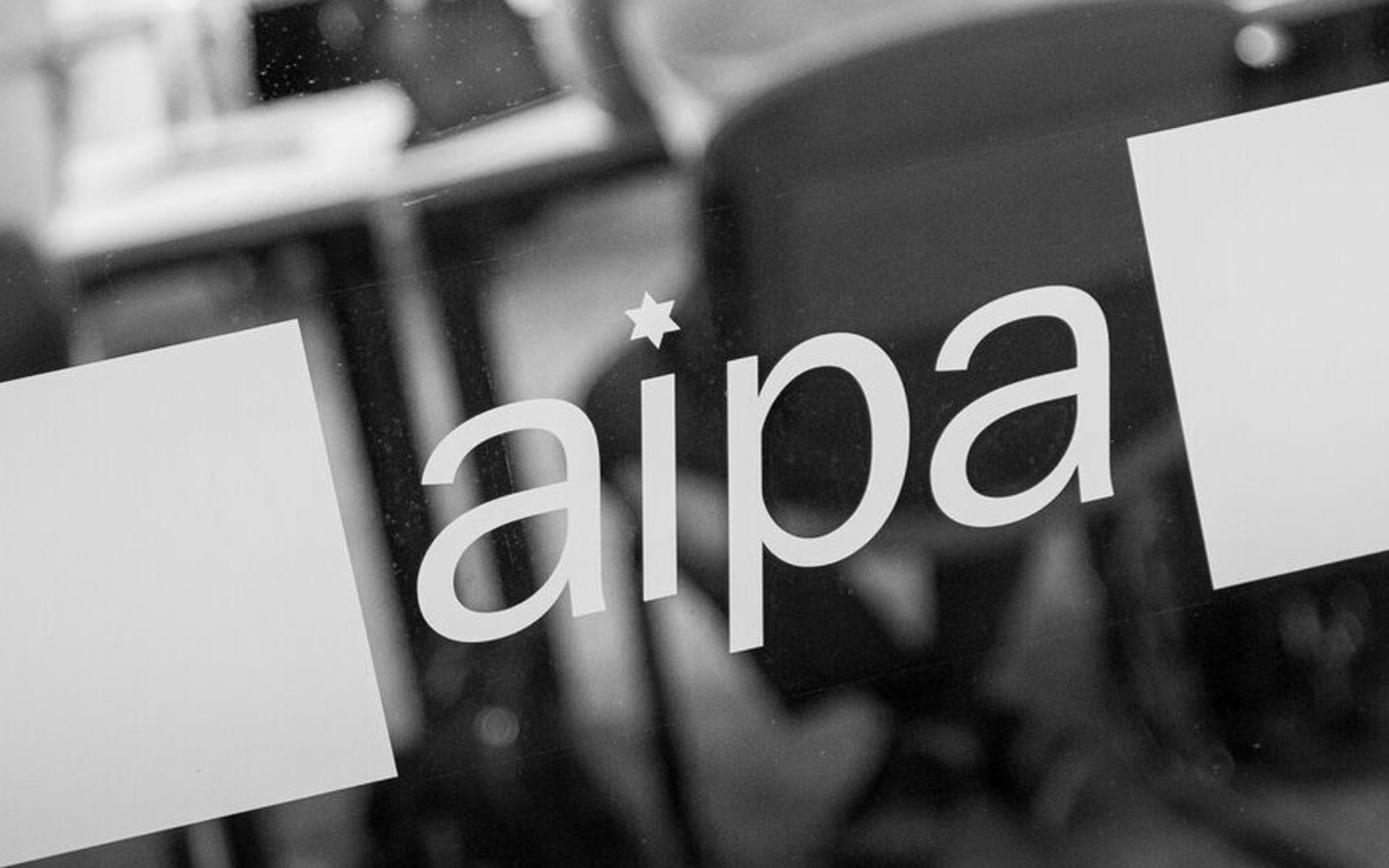CASA 'ignores pilots' in fatigue trial
22/02/2019 | Author: Robyn Ironside, Aviation Writer for The Australian

Pilots have complained they were not consulted by the Civil Aviation Safety Authority before the regulator ticked off a trial of new fatigue risk management rules by Qantas.
The Australian and International Pilots Association is concerned the 12-month trial adopts a less restrictive approach to how long pilots can work and at what times of the day and night.
AIPA president Mark Sedgwick said they had expressed their concerns to CASA about the new fatigue risk management framework but those concerns had not been addressed.
"No one knows fatigue like pilots - they live and work it every single day of their lives and we're best placed to inform the regulator on the actual effects oflong-range flying," Mr Sedgwick said.
"No one in CASA does this sort of flying, so it's important CASA talks to us and understands what our members are telling us and we can put that into the framework as we need to."
AIPA safety and technical director Shane Loney said it would be preferable to base any new regulations on science rather than what might have happened in the past.
But he was hopeful the trial would lay the groundwork for a better outcome for pilots before ultra-long range flights began between Australia's east coast and New York or London.
"We could talk Perth-London as an example ( of what not to do). You're not supposed to say 'the aeroplane has the capability to fly that far therefore it's a good idea, let's do that'," Mr Loney said.
"You're supposed to be proactive in your assessment but none of that happened prior to starting Perth-London. We know Project Sunrise is on the way and that's another level again."
Mr Sedgwick said he would be encouraging AIPA members to report more regularly to Qantas on their fatigue levels and concerns throughout the trial.
"The reporting processes in the past have really been under a prescriptive framework so you can report something but it has no effect on the limits the pilot is operating to," he said.
"Now they will have a direct effect potentially on the limits the pilot is operating to so it's vitally important the pilot reporting is increased and we're encouraging our members to do that."
